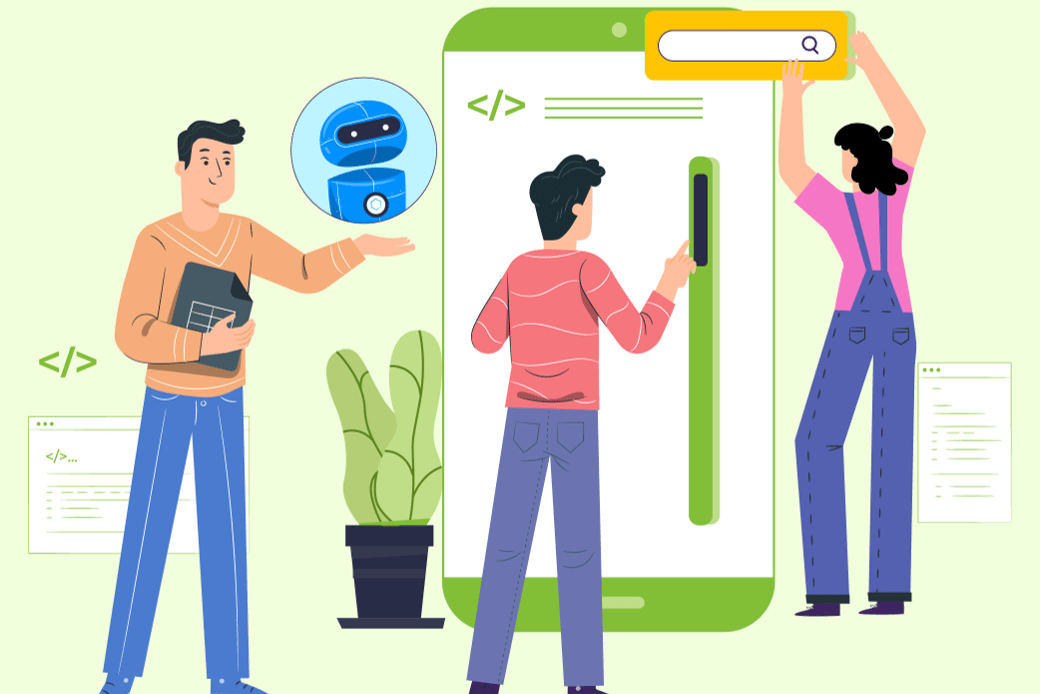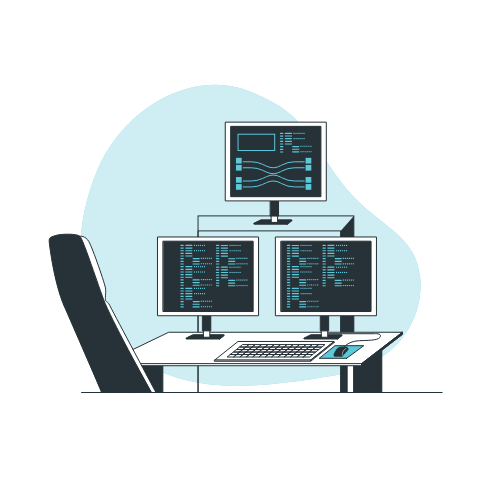The future of development in app and platform has been a fascinating journey, aligning with technological advancements and user expectations. From desktop-based applications to mobile-first designs and the integration of cloud computing to the rise of AI and AR/VR, the landscape is continuously evolving. In this article, we explore the trends shaping the future of development space, covering AI and machine learning, augmented and virtual reality, cloud computing, cross-platform development, security, sustainability, blockchain, and user-centric design.
1. The Rise of AI and Machine Learning
Current State
AI and ML are transforming app development by making applications dynamic, personalized, and efficient. SmartHealth, an AI-powered health app, exemplifies the power of personalized advice, fitness plans, and predictive health insights. Beyond user-facing features, backend processes benefit from ML algorithms predicting user behavior, optimizing performance, and enhancing security.
Future Trends
The future of AI and ML in app development holds promises of more intelligent companions and further humanizing technology. As these technologies advance, they will continue to refine user experiences and redefine how we interact with digital tools.
2. Integration of Augmented Reality and Virtual Reality
Current State
AR and VR have expanded beyond gaming, influencing industries like retail and education. They enable virtual shopping experiences and immersive educational content, enhancing engagement.
Future Trends
Future trends in AR and VR focus on more interactive and realistic environments in gaming, immersive educational experiences, and innovative retail solutions. Real-world success stories like VirtualScape highlight the transformative impact these technologies can have on conventional industries.
3. Cloud Computing and Scalability
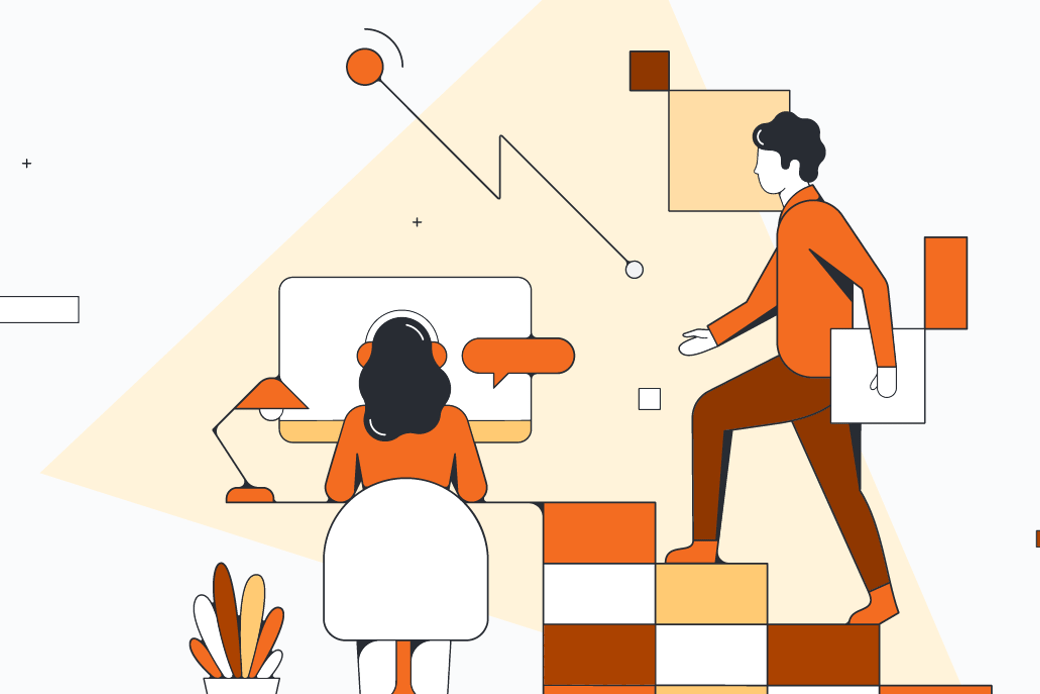
Importance in Current Infrastructure
Cloud computing has become the backbone of modern app development and the future of development, replacing traditional servers with flexible and scalable solutions from providers like AWS, Azure, and Google Cloud. Real-time resource scaling, cost-effective pay-as-you-go models, and strategic resource allocation are key advantages.
Future Implications
The role of cloud computing will continue to grow, ensuring seamless performance regardless of user numbers. Integration with emerging technologies like AI and ML will further enhance app infrastructure, making cloud services essential in the digital ecosystem.
Case Study
StreamFast’s transition to cloud-based infrastructure emphasizes the transformative power of cloud computing in achieving scalability, efficiency, and cost-effectiveness. The success story demonstrates the impact on operational costs and the user experience.
4. The Shift Towards Cross-Platform Development
Explanation of Cross-Platform Development
Cross-platform future of development streamlines app creation across different operating systems using a single codebase. This approach, facilitated by frameworks like React Native and Flutter, saves time, reduces costs, and ensures a consistent user experience.
Future Direction
Advancements in cross-platform development involve frameworks like Flutter, the integration of AI and ML, and the rise of cloud-based development environments. As IoT expands, a unified future of development approach becomes crucial for interacting with diverse connected devices.
Example
EcoConnect’s success as a cross-platform environmental monitoring app, developed using React Native, showcases the benefits of wide accessibility, reduced development costs, and consistent performance across different platforms.
5. Emphasis on Security and Privacy
Current Challenges
The increasing sophistication of cyber threats, complex app architectures, and concerns over data privacy pose challenges to app security. Stricter regulations like GDPR highlight the importance of secure data handling.
Future Trends
Future app security will prioritize advanced encryption techniques, biometric authentication, and a privacy-first approach. A case study of SafeGuard’s multi-layered security approach exemplifies successful implementation and increased user trust.
6. Sustainable and Eco-Friendly Future of Development
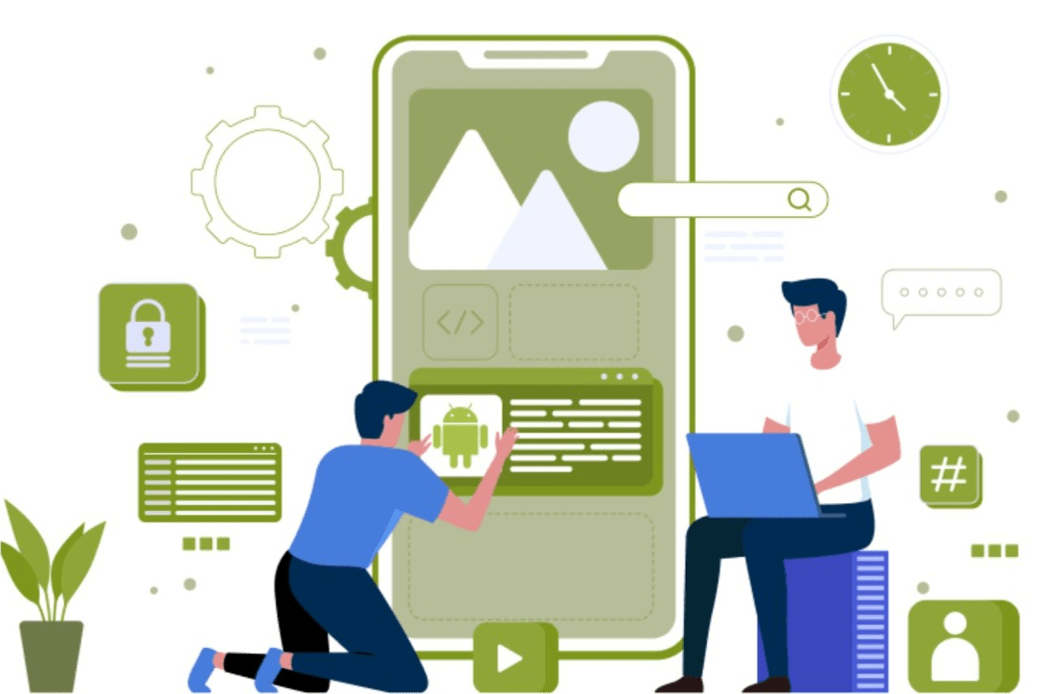
The Growing Importance
Sustainability in tech involves reducing e-waste, optimizing energy usage, and adopting eco-friendly practices. The tech industry is shifting towards renewable energy sources, efficient cooling systems, and recyclable materials.
Future Trends
Integration of AI and machine learning is enhancing energy efficiency, waste reduction, and resource utilization. Companies are focusing on sustainability reporting as part of corporate social responsibility, creating eco-friendly apps to meet consumer demand.
Example
GreenCloud, a cloud storage service running on renewable energy sources, exemplifies how sustainability can be a differentiator. The platform’s commitment to eco-friendly practices attracts environmentally conscious users.
7. The Role of Blockchain and Cryptocurrencies
Current Integration
Blockchain provides secure and transparent record-keeping, benefiting industries like finance, healthcare, and supply chain management. Cryptocurrencies enable secure, low-cost transactions, especially in e-commerce.
Future Potential
Blockchain’s decentralized nature, enhanced security, and innovative business models offer control to users and combat fraud. Smart contracts and tokenization present new avenues for secure digital transactions and asset management.
Case Study
ArtChain disrupts traditional models in the digital art and collectibles industry by leveraging blockchain for secure ownership records and facilitating direct transactions between artists and collectors.
8. User-Centric Design and Personalization
Importance in Current App Design
User-centric design is pivotal for a positive user experience. It involves understanding user behaviors and preferences, refining the app based on feedback, and ensuring simplicity, intuitiveness, and accessibility.
Future Trends
AI and machine learning will enhance personalization algorithms for tailored experiences. Adaptive interfaces will dynamically adjust based on user interactions, and predictive UX will anticipate user needs.
Example
FitJourney, a health app using AI algorithms for personalized workout and nutrition plans, exemplifies the success of a user-centric design. The app’s ability to predict and fulfill user needs fosters loyalty and satisfaction.
Recap of Key Trends
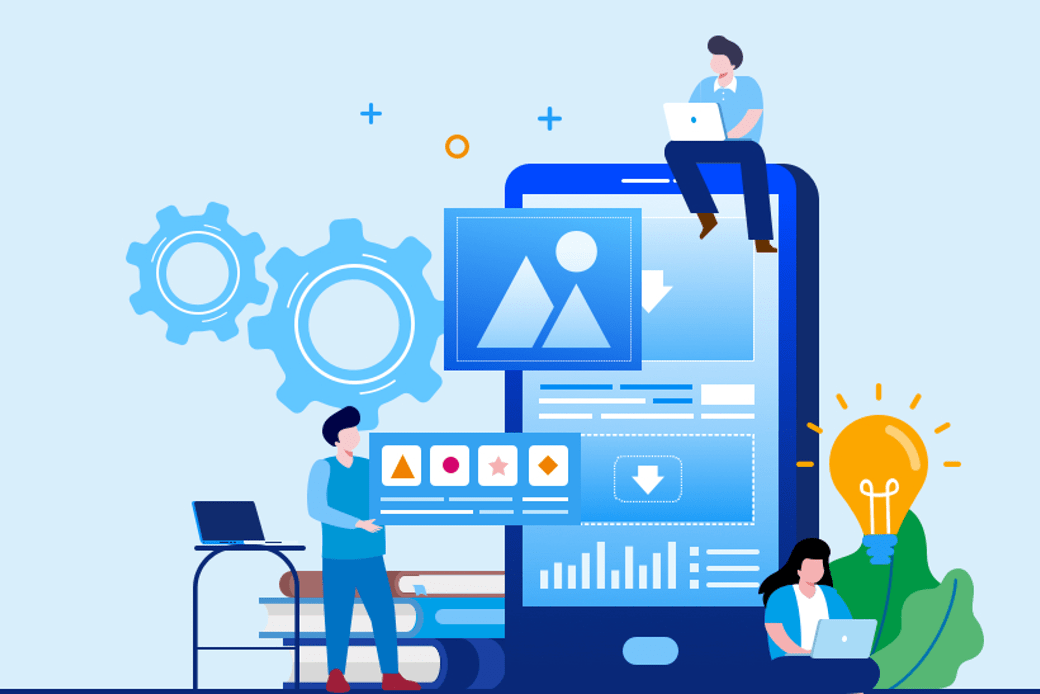
The landscape of the future of development is dynamic, with trends such as AI integration, eco-friendliness, and blockchain reshaping the technical aspects and user interactions. Developers, businesses, and consumers all play crucial roles in embracing and adapting to these changes.
Implications for Developers, Businesses, and Consumers
In this fast-paced environment, developers must stay current, adapt quickly, and understand user needs. Businesses adopting the latest trends gain a competitive edge by streamlining operations, engaging customers better, and fostering innovation. Users need to be vigilant about data security and privacy.
Final Thoughts on the Future of Development
The world of technology is in a constant state of change. Today’s trends are just the beginning, with new ones emerging rapidly to disrupt and redefine the digital world. Success in app and platform the future of development requires embracing change, staying agile, and shaping trends rather than merely reacting to them.
